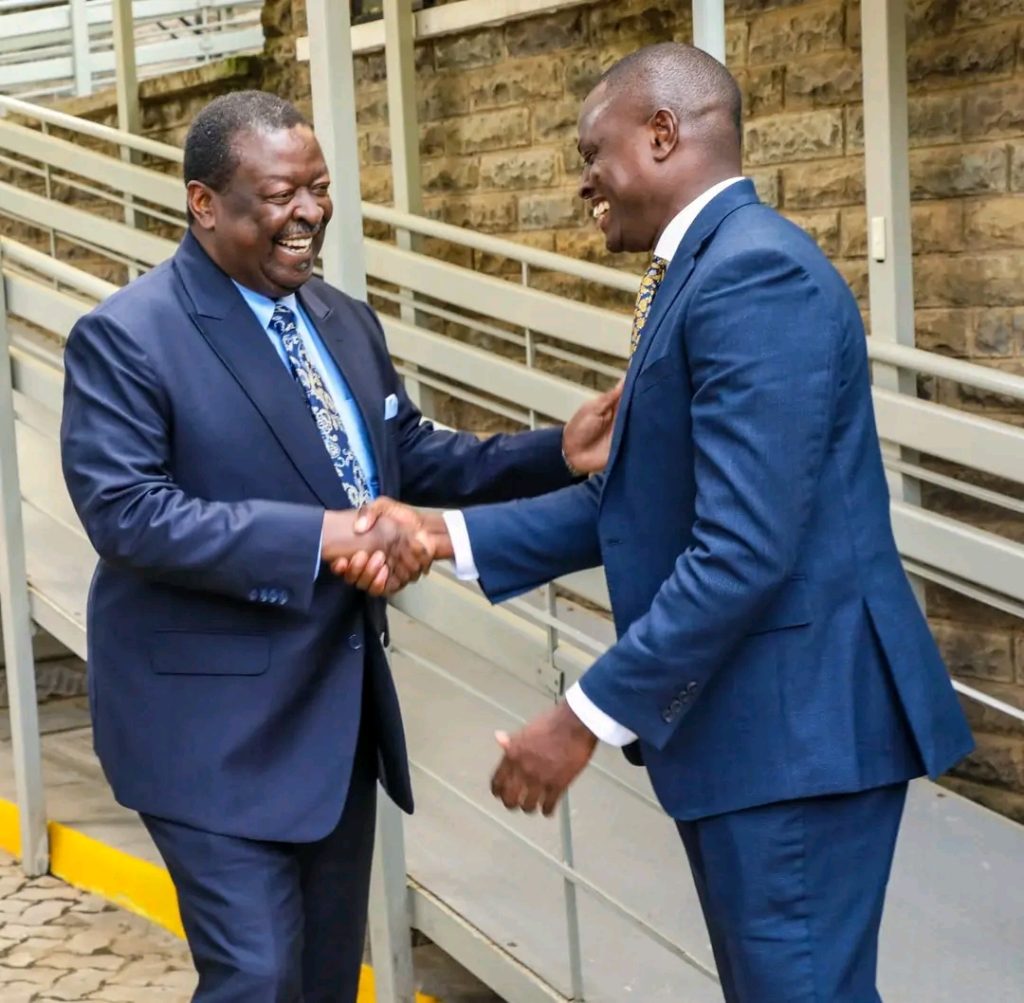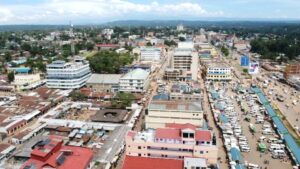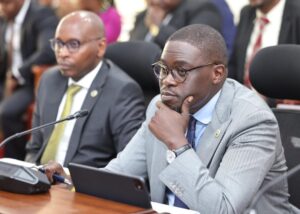Government Announces Measures to Address Revenue Shortfall for 2024-2025 Financial Year

In a major fiscal policy shift, Prime Cabinet Secretary Musalia Mudavadi has unveiled a set of financial measures designed to address a Ksh 344 billion revenue shortfall for the 2024-2025 financial year.
The withdrawal of the Finance Bill for the upcoming year has necessitated a series of budgetary adjustments aimed at balancing the national budget while continuing to fund essential services.
The National Treasury has outlined a comprehensive plan involving significant expenditure cuts and targeted investments. The most notable reduction is a Ksh 138 billion cut from the development-funded budget. This includes substantial reductions across various sectors: Ksh 8 billion from the National Government Constituencies Development Fund (NGCDF), Ksh 1 billion from Parliament, and Ksh 800 million from the Judiciary. Additionally, last-mile infrastructure projects will face a Ksh 14.6 billion reduction, road construction will be slashed by Ksh 14.1 billion, and other critical areas such as water and sanitation, police modernization, and school infrastructure will see cuts totaling billions of shillings.
Despite these reductions, the government plans to channel additional funds into several key initiatives. Notable allocations include Ksh 2 billion for coffee debt relief, Ksh 1 billion for sugarcane farmer reforms, and Ksh 500 million each for milk support through the Kenya Cooperative Creameries (KCC) and tree planting initiatives. There will also be Ksh 450 million set aside for the establishment of a new leather factory.
Moreover, Ksh 28 billion will be allocated for pensions and gratuities, Ksh 30 billion for county transfers, and Ksh 13.5 billion for the NGCDF.
In a statement, Principal Secretary for Treasury Dr. Chris Kiptoo highlighted recent positive economic trends, noting that the Kenyan Shilling has stabilized at approximately Ksh 129-130 to the US Dollar and inflation has decreased from 9.6% to 4.6%, reflecting a decline in the cost of living due to falling food and fuel prices.
Dr. Kiptoo emphasized that these measures are intended to prevent wastage and ensure the continuity of essential services in the face of reduced revenue. “Our approach balances necessary expenditure cuts with strategic investments to support vital sectors,” he said.
In a related development, Kiharu Member of Parliament and Budget Committee Chair, Ndindi Nyoro, outlined further initiatives focused on agriculture and public service improvements. Nyoro confirmed a Ksh 10 billion subsidy for fertilizers aimed at boosting coffee production and enhancing agricultural productivity nationwide. Additionally, Ksh 2 billion will be invested in the New KCC program, with Ksh 1.5 billion specifically allocated to stabilize milk prices at Ksh 50 per liter to support dairy farmers.
Nyoro also announced that 46,000 interns currently serving as Junior Secondary School teachers will be offered permanent, pensionable positions, providing job security and career growth opportunities for these educators. Furthermore, Ksh 2 billion will be allocated to the Coffee Cherry Fund to support coffee farmers through various development programs.
Addressing the reduction in the Constituency Development Fund (CDF), Nyoro explained that these cuts are essential for reallocating resources to more critical services and projects that deliver direct benefits to communities.




